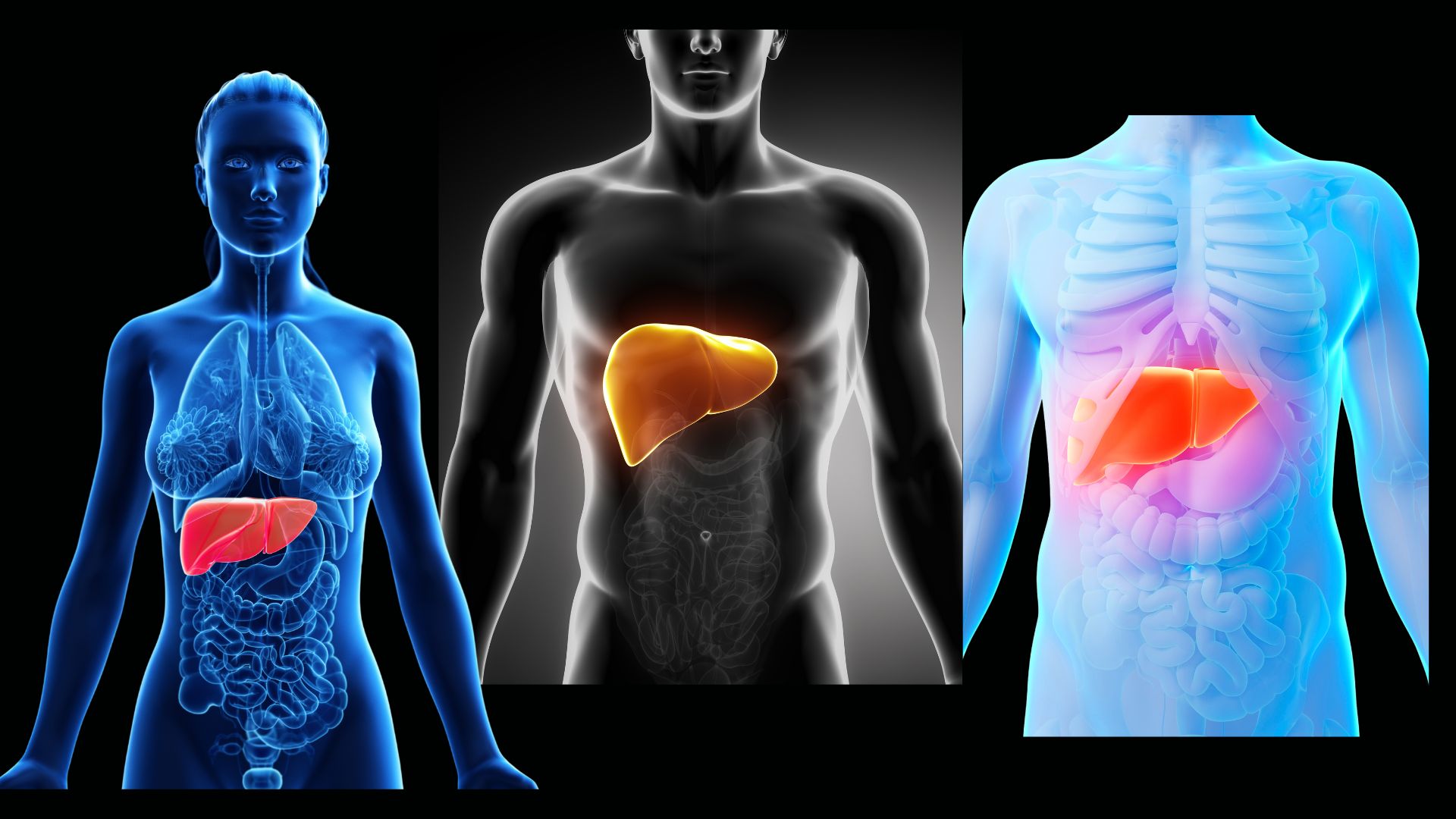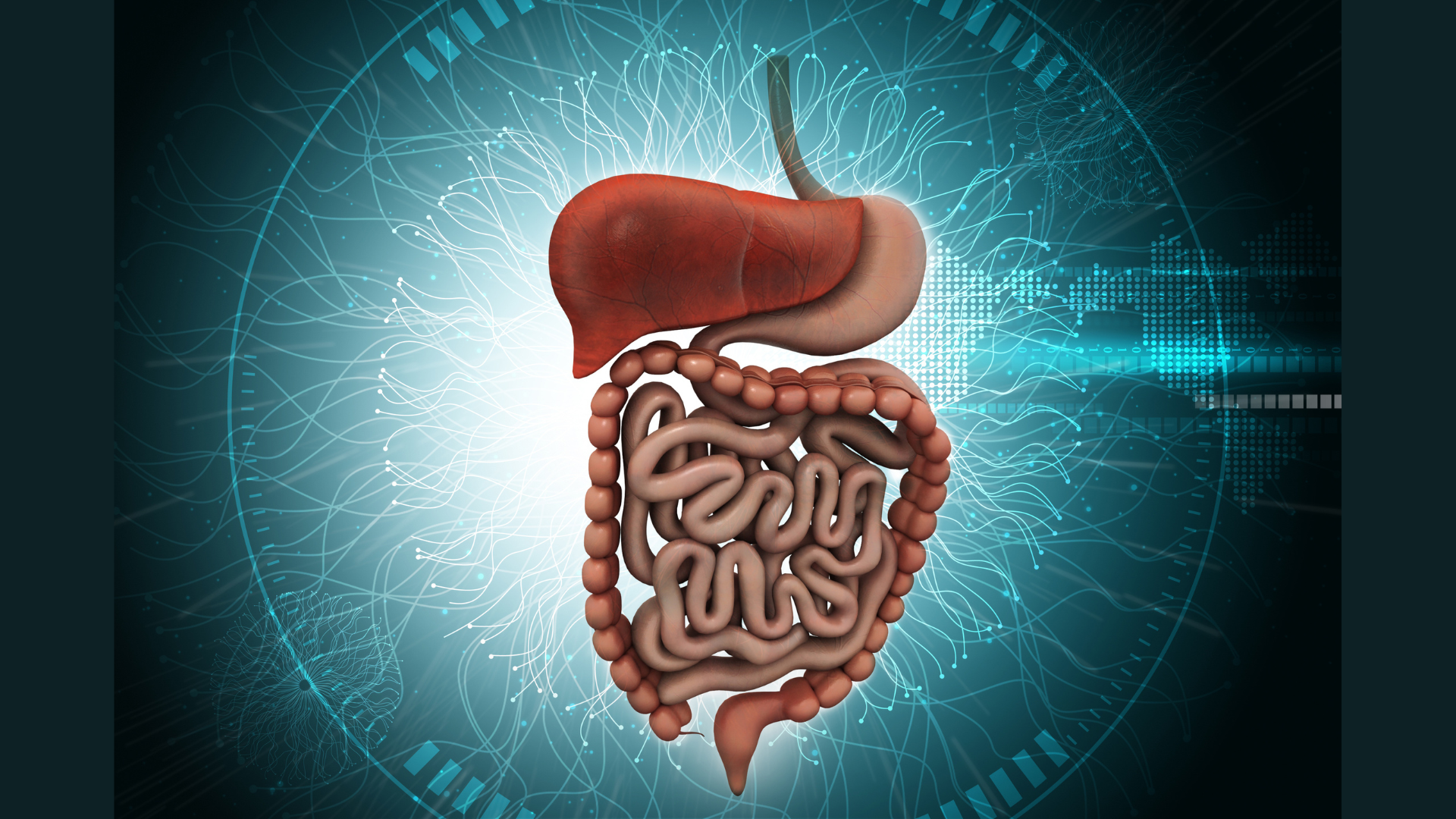Your Immune System; Passive, Aggressive or Just Right?
Your immune system is an important and complicated system of your body. It keeps you safe from bad guy invaders such as bacteria, virus and even parasites. It is complex with its own circulatory system, its own blood cells and it is your personal. built-in healing system.

Without it, you are not protected from invaders. But when it does not function properly, we may also experience health problems, even some hidden health issues, due to an under active or overly active immune system.
What Is Your Immune System, Exactly?
Starting from our head on downward, the immune system consists of tonsils, lymph nodes, thymus, bone marrow, spleen, appendix, more lymph nodes, fluid and vessels containing white blood cells. Each plays a role in killing the bad guys that may be in your food, drinks, the air you breathe, and even medications and herbs.
Working
as your body's natural defense mechanism, it helps fight infections
through a number of tasks. These range from producing antibodies,
filtering debris and attacking harmful invaders. Keeping this system
healthy is imperative to good health.
Once
thought to be a mistake or “leftover organ”, the tonsils work
with the adenoids and thymus to filter (and possibly remove) toxins
and other debris while manufacturing certain antibodies. Bone marrow produces white bloods cells (as well as red). Lymph
nodes are scattered throughout your body and act as filters to help
remove debris while also housing white blood cells allowing them to
activate. The spleen filters the blood, removes old blood cells and
helps destroy bacteria & other foreign substances.
Vessels
are dedicated to the lymphatic system that carry lymph fluid. This
fluid transports white blood cells, called lymphocites, throughout
the body, returns proteins and fluids from body tissue back to the
bloodstream, transports fats from the digestive system and carries
waste and debris out of your body. White blood cells come in many
different forms and work in various ways. They may produce
antitoxins to fight toxins produced by bacteria, they can produce
antibodies, which attach to and destroy antigens from virus and
bacteria and they can render some pathogens harmless, which will
allow other white blood cells, called phagocytes, to ingest and
destroy them.
The
lymphatic system, altogether, is a type of circulatory system
dedicated to lymph, white blood cells and the results of their
activities. It is not a closed system and has no pump to move it, or
naturally circulate. Therefore it relies on muscle contractions
caused by our actions. This is one of the reasons why exercise is
associated with a stronger immune system.
When It's Passive
Your immune system can be under active, or passive, which will cause it to become inefficient. An under active immune system, also known as a compromised immune system, can be caused by a variety of reasons. Some problems may be genetic. In most cases, lifestyle choices and other factors can compromise the immune system. Some factors that lower immune response are chronic illness, AIDS/HIV and chemotherapy. Lifestyle that may compromise the immune system include stress, poor nutrition, extremely over or under weight and excessive use of antibiotics.
When
the immune system is compromised, or passive, you become more
vulnerable to severe colds and flu, viral infections such as
hepatitis and pneumonia and even cancer. Some signs that your immune
system may be compromised are recurring infections such as sinusitis
or bronchitis. Skin infections and even gastrointestinal distress
may occur. You can see why it's important to keep your immune system
strong.
When It's Aggressive
Your immune system may be aggressive, or work overtime, and attack you. Often called and autoimmune response, it is when your white blood cells attack substances that are naturally present in your body. Rheumatoid arthritis happen when your immune system attacks the synovial membrane between the joints. Multiple Sclerosis (MS) is caused when the immune system attacks the myelin sheath which protects the nerves. Fibromyalgia, Irritable Bowel Syndrome, and type 1 diabetes and lupus are rising autoimmune diseases. Altogether, autoimmune disease is the fourth leading cause of disability among women.
Unfortunately,
any part of the immune system can become defective, and attack any
organ or part of your body; but why does this happen? Theories about
why this happens abound in the scientific and medical community, but
it is agreed that genetics is not one of them. The aggressive immune
response is often due to an unknown trigger but may be associated
with sex hormones (as an inproportionate number of women are
affected) while prolonged, infectious diseases may cause the body to
cross-react to normal body tissues along with the invaders. Standard
treatment provides the use of corticosteroids, which will suppress
the immune system while relieving internal inflammation, which is
associated with and overly active immune response.
When It's Just Right
When working properly, you are able to fight colds, various strains of flu and infections. A strong immune system protects you from not only sickness, but degenerative disease, long-term health problems and is essential to your well-being. When you feel good, have more energy. When you have more energy you are more motivated. When more motivated, you are able to accomplish more in life; achievements in work, social services and physical fitness. Your immune system is central to your health, well being and life force. So how can you keep it healthy?
Next Up; Learn how to Boost your Immunity and feel good at any age.
Resources:
"The Lymphatic System".Human Anatomy (Gray's Anatomy). Retrieved 2012-10-12.
"Lymph System" National Institutes of Health Medline Plus - Lymph




